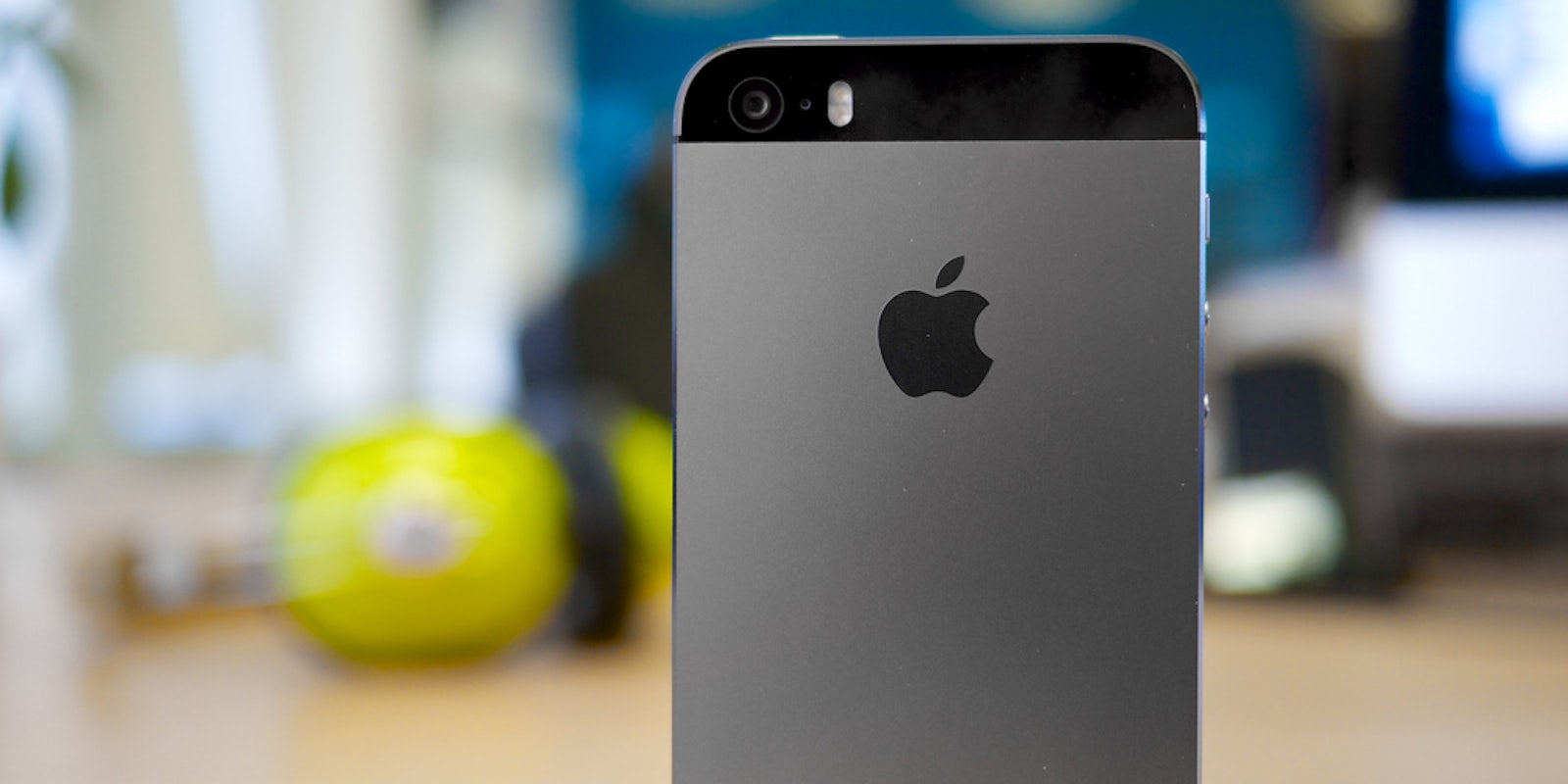The Republican presidential candidates briefly touched on a controversial court order involving Apple, the FBI, and a terrorist’s locked iPhone during Thursday night’s debate.
Sen. Marco Rubio (R-Fla.), who earlier raised concerns about the order requiring Apple to write software that would let the FBI flood the iPhone with password guesses, struck a different tone on stage at the University of Houston, saying his understanding of the situation had changed.
“The only thing they are asking of Apple,” Rubio said, “is that Apple allow them to use their own systems … to try to guess the password of the San Bernardino killer.”
At a CNN town hall on Feb. 17, the day after a magistrate judge ordered Apple to write that code, Rubio appeared to accept Apple CEO Tim Cook‘s argument that the code amounted to a “backdoor,” a deliberate vulnerability in a company’s encryption. He extolled the virtues of strong encryption and said it protected people’s personal data from hackers.
“Apple doesn’t want to do it because they think it hurts their brand.”
But on the debate stage Thursday night, Rubio said that he had changed his mind after reading the response to Apple’s claims that the Justice Department filed on Friday. In that filing, the government disputed the notion that the requested assistance amounted to a so-called “backdoor” in Apple’s encryption.
“Apple initially came out and said, ‘We’re being ordered to create a backdoor to an encryption device’—that is not accurate,” Rubio said. “The only thing they’re being asked to do … [is] disable the self-destruct mode in the phone, so we can try to guess with our own systems what the password of this killer was. And I think they should comply with that, if that’s all they’re asking for. They are not asking for Apple to create a backdoor for encryption.”
Rubio also said that, if he were president, he would order the Justice Department to pursue the same strategy that it was now pursuing to gain access to the locked phone.
“Apple doesn’t want to do it because they think it hurts their brand,” he said. “But let me tell you, their brand is not superior to the security of the United States of America.”
Sen. Ted Cruz (R-Texas), who sided with the government when asked the same question at CNN’s town hall, said during the debate that Rubio was “now agreeing with me, and I’m glad.”
Cruz said he opposed a backdoor mandate—”I would agree with Apple on that broad policy question”—but he insisted that the company must comply with the specific order in the San Bernardino case.
“Apple doesn’t have the right to violate a valid court order in a terrorism investigation,” he said.
The question of whether Apple should be forced to help the FBI access the shooter’s phone is tied to a larger debate about whether tech companies should design their encryption so that they can bypass it if investigators come to them with a warrant for encrypted data.
Senior law-enforcement and intelligence officials, like FBI Director James Comey, want to require companies to do this. Technologists and privacy advocates, echoing what Rubio said during the town hall, warn that requiring this would give hackers new ways of breaking into encrypted systems and push terrorists onto unregulated foreign platforms.
Neurosurgeon Dr. Ben Carson and Ohio Gov. John Kasich also addressed the contentious California court order.
“I think allowing terrorists to get away with things is bad for America,” Carson said. “Absolutely, I would expect Apple to comply. … If they don’t comply with that, you’re encouraging chaos [in] our system.”
Kasich reiterated his criticism of President Obama for not privately reaching an agreement between Apple and the Justice Department, saying, “You don’t litigate this on the front page of the New York Times.” The correct strategy, he said, was to “lock the door” until a deal was reached.
Photo via Kārlis Dambrāns/Flickr (CC BY 2.0)
